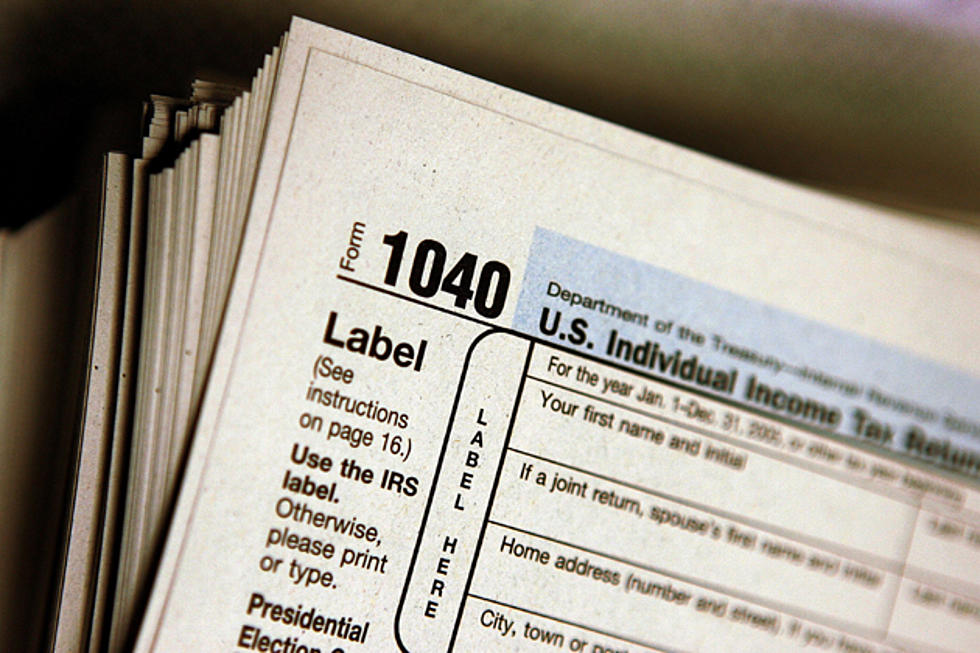
Simple Ways to Lower Your Tax Bill — Part 2
Yesterday we took our first look at some basic, no-nonsense steps you can take to lower your tax bill. Here are a few more tips to help ensure you aren’t overpaying come tax time:
Use the Correct Tax Form
These days, there’s really no excuse for filling out the wrong tax form, as long as you have a working Internet connection. If you’re reading this article online, that means you do. The IRS maintains a page that will help you decide what form suits you best.
There are big differences between the 1040, 1040A and 1040EZ forms, for example. They’re all relatively easy to fill out, but as a general rule, the slightly more complex forms offer more chances to take advantage of tax breaks, deductions and credits. Choose wisely, according to your personal tax situation.
Put Money Away in an IRA or Tax-Deferred Retirement Account
This one should seem pretty obvious. By putting money away in an IRA or tax-deferred retirement account, like a 401(k), you can reduce your tax bill for the time being by lowering your total taxable income. We say “time being,” because you will have to pay taxes on this money someday, but hopefully not until you retire. Tax deferments and tax-deferred retirement accounts, in the meantime, are your friends.
Earn More Tax-Free Income
Earning income that isn't taxed is a great way to avoid paying taxes. Seems like a no-brainer, right? Bonds, employer-based dependent-care and health-care benefits, as well as health savings accounts (HSAs), meals at your workplace and more could save you a fair amount of money when you're calculating your taxes.
More From Mix 94.1









